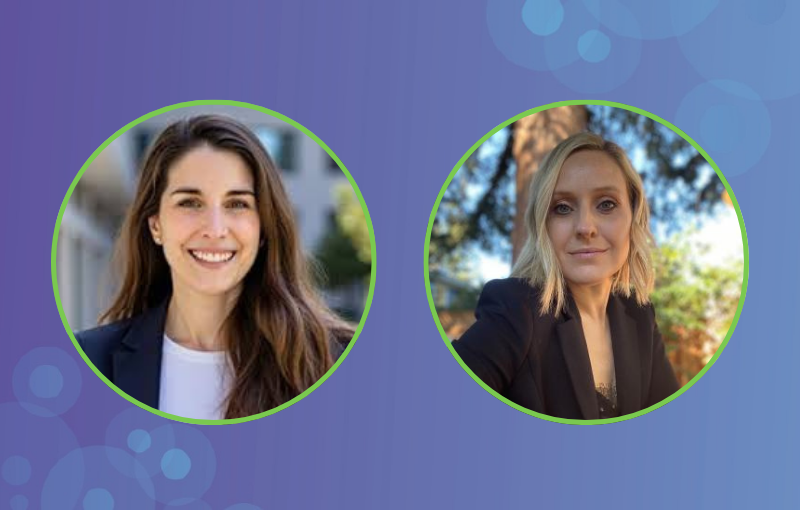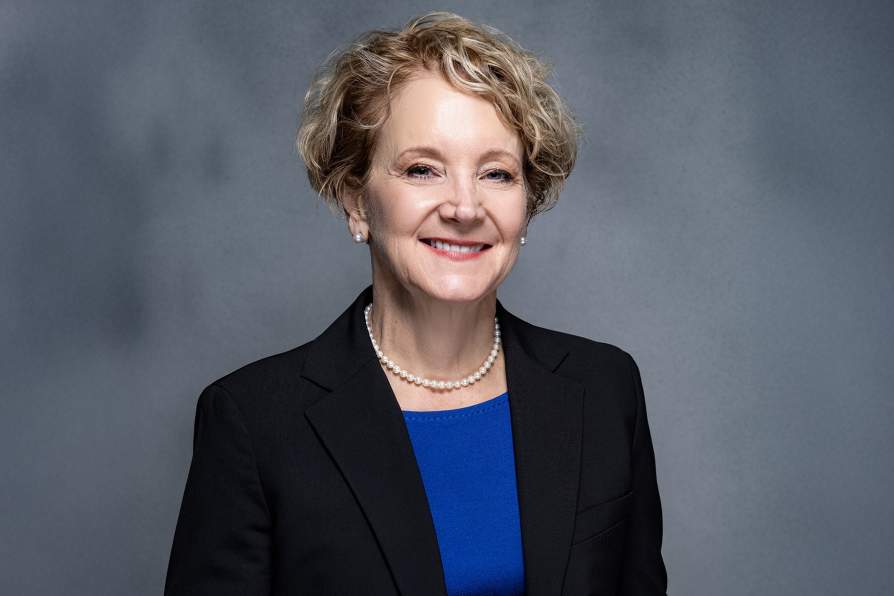As McKnight Brain Research Foundation Trustee, Dr. Roy Hamilton, shares in this Men’s Journal article, making healthy lifestyle choices, like exercising regularly, following a healthy diet and managing stress, is currently the best way to protect your cognitive health. Dr. Hamilton specifically suggests the importance of challenging the brain with new activities, controlling cardiovascular risk factors and staying social as a few of the lifestyle strategies that can make the biggest difference for long term brain and cognitive health.
At Home Alzheimer’s Tests are Here: Proceed with Caution
McKnight Brain Research Foundation Trustee, Dr. Sharon Brangman, recently spoke with AARP about the blood tests for Alzheimer’s disease that became available in May and November of 2025 and the at-home tests many companies are now offering. Dr. Brangman, chair of geriatric medicine at SUNY Upstate Medical University, emphasized how essential the interaction between patient and physician is for an accurate diagnosis of Alzheimer’s.
Announcing the 2025 McKnight Brain Research Foundation Innovator Awards in Cognitive Aging and Memory Loss
The American Federation for Aging Research (AFAR) and the McKnight Brain Research Foundation (MBRF) are pleased to announce the 2025 recipients of The McKnight Brain Research Foundation Innovator Awards in Cognitive Aging and Memory Loss: Leah Acker, MD, Duke University and Erin Gibson, PhD, Stanford School of Medicine.
New Research from MBRF Scholar Alum, Dr. Wendy Yau, Shows the Number of Daily Steps May Delay Cognitive Decline and Alzheimer’s Progression
A new study by Dr. Wendy Yau, a former McKnight Clinical Translational Research Scholar, and colleagues found that increasing the number of steps taken daily may slow cognitive decline in older adults with early, biological signs of Alzheimer’s disease.
MBRF Trustee, Allison Brashear, MD, MBA, Elected to the National Academy of Medicine
We’re thrilled to announce Dr. Allison Brashear, MBRF Trustee and Vice President for Health Sciences at the University at Buffalo and Dean of the Jacobs School of Medicine and Biomedical Sciences, was elected to the National Academy of Medicine. Dr. Brashear is one of 90 regular members and 10 international members elected to the NAM during its annual meeting earlier in October.
These 8 Money Mistakes Could be Signs of Dementia
Bonnie Levin, PhD, Associate Director of the Evelyn F. McKnight Brain Institute at the University of Miami, recently spoke with the New York Post to offer insights on how dementia may impact an individual’s ability to make sound financial decisions. The article below originally posted by the New York Post on September 30 includes insights from Dr. Levin on the red flags that may signal dementia and how to protect seniors from financial exploitation.
10 Habits to Build a Healthy Brain and Gear Up Strong for Year End
MBRF Trustee, Dr. Roy Hamilton, recently spoke with Forbes.com to share his key tips to help people maintain and strengthen their brains with age.
The 6-6-6 Walking Challenge Reduces Workday Stress and Job Burnout
MBRF Trustee, Dr. Roy Hamilton, recently spoke with Forbes.com to share his insights on the brain benefits of the viral 6-6-6 walking challenge, an interval workout that uses numerical structure: starting at 6:00am or 6:00pm, alternating between a fast walking pace and a comfortable pace every 6 minutes, for 60 minutes 6 times a week. Dr. Hamilton says, “Walking briskly for 60 minutes a few times a week offers a great amount of aerobic exercise, which is good for brain health.”
Lifespan, Healthspan…Now Brainspan?
MBRF Trustee, Dr. Patricia Boyle, recently spoke with Flow Space to discuss brainspan – an emerging term to describe the brain’s ability to flourish throughout the lifespan. She explains “Brainspan is specifically related to a person’s ability to function cognitively throughout their life, including maintaining mental clarity, decision-making skills, creativity and focus.” To put brainspan in context with terms like lifespan and healthspan, Dr. Boyle adds, “Brainspan aims to look holistically at how a person’s brain and cognitive function will likely change throughout life. It aligns with lifespan and healthspan through shared influences like genetics, environment, disease and biological aging, but divergences will typically occur later in life, when chronic diseases or dementia begin to take a toll.”
Doctors Say These 9 Habits Can Actually Make You Smarter and More Creative
In a recent interview with Real Simple McKnight Brain Research Foundation Trustee, Dr. Sharon Brangman shared her thoughts on research-backed lifestyle changes that can sharpen memory and keep your brain agile with age. She focused on three key tips: maintaining a consistent sleep schedule; getting 30 minutes of light-moderate exercise per day; and challenging your mind by learning a new hobby, like knitting, reading or painting.










